News
-
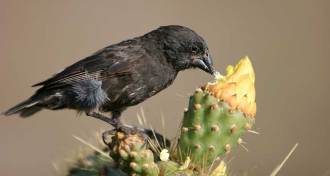 Life
LifeGene found that controls beak size in Darwin’s finches
A beak-size gene helped determine whether Darwin’s finches survived a drought.
-
 Paleontology
PaleontologyClearer picture emerging of dinosaurs’ last days
Dinosaurs’ final days may have included both a giant asteroid and gradual species die outs. Two new studies paint an increasingly intricate picture of dinosaur’s demise.
By Meghan Rosen -
 Neuroscience
NeuroscienceLeft brain stands guard while sleeping away from home
Part of the left hemisphere stands sentry while the rest of the brain and body snooze.
-
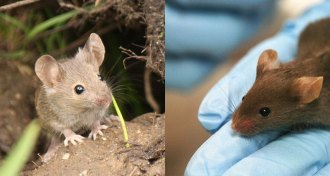 Health & Medicine
Health & Medicine‘Dirty’ mice better than lab-raised mice for studying human disease
Dirtier mice may better mimic human immune reactions.
-
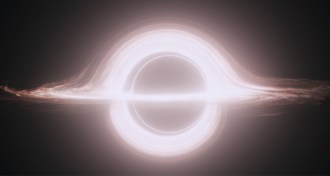 Cosmology
CosmologyHow to make gravitational waves ‘sing’
A rapidly spinning black hole would make a unique pattern of gravitational waves when it sucks in a smaller companion.
-
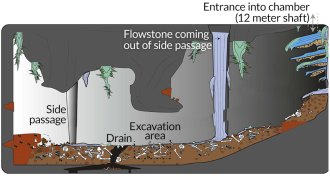 Humans
HumansPieces of Homo naledi story continue to puzzle
Researchers defend Homo naledi as a new hominid species and debate how it reached an underground cave.
By Bruce Bower -
 Quantum Physics
Quantum PhysicsInformation is physical, even in quantum systems, study suggests
A thermodynamic principle says that deleting information generates heat, and now, scientists say that goes for quantum systems, too.
-
 Climate
ClimateWildfire shifts could dump more ice-melting soot in Arctic
Wildfires will emit more soot into the air in many regions by the end of the century, new simulations show.
-
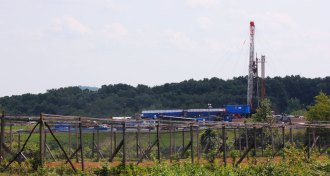 Environment
EnvironmentEPA boosts estimate of U.S. methane emissions
A new report by the U.S. Environmental Protection Agency revises the agency’s methane emission estimates upward by 3.4 million metric tons.
-
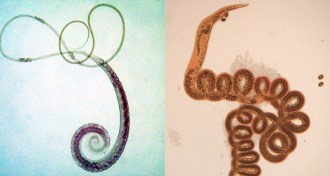 Life
LifeHaving worms can be good for the gut
Parasitic worms shift gut microbes and protect against bowel disease.
-
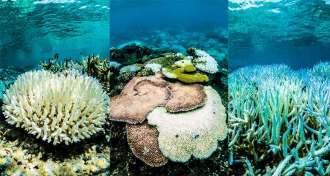 Ecosystems
EcosystemsHeat may outpace corals’ ability to cope
Corals may soon lose their ability to withstand warming waters.
-
 Environment
EnvironmentEPA underestimates methane emissions
Methane estimates by the Environmental Protection Agency fail to capture the full scope of U.S. emissions of the greenhouse gas, studies show.